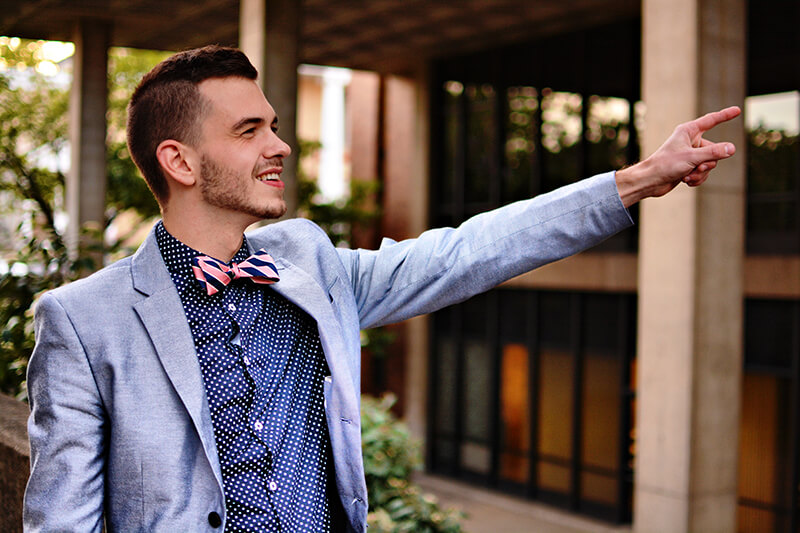I go to counseling. Some may know this about me, but others may take this as a surprise. After all, you wouldn’t suspect an editor-in-chief of a student-run publication who is a member of a leadership group, president of an honors organization and very active in his community to go to counseling.
And yet, that’s exactly the problem. Even though I’ve been in and out of counseling for years, it’s always been a dark shadow following me; a kind of secret to share only with those who divulge their secret first. People make assumptions about what counseling is, who it’s for, and why people feel the need to go; these assumptions only keep those who are seeking help hiding in the shadows, unwilling to emerge for fear of being alone.
According to the Substance Abuse and Mental Health Services Administration, a division of the US government, 18-24 year olds are less likely to seek help compared to older adults. Not only that, but about 1 in 4 people over the age of 18 in the United States lives with a diagnosable mental health disorder, according to Active Minds.
This isn’t just a statistic, this is a reality. If you’re sitting in a classroom of 20 students, around five probably deal with mental health issues on a daily basis. Sure, some days are better than others, but it’s time for us to collectively make sure that those students who need it most are getting the help they need.
For this, I could not be more grateful for of the help and support that Dr. Stephen Large, Psy.D. Or, as I know him – Steve. His counseling and advice have been much of the reason behind my success, and he always refers to himself as “the partner on my journey – good or bad.” That was not what I expected initially.
The first time I entered the Health and Counseling Center beneath Harborview Apartments I was terrified. The prospect of talking to someone I had never met before about my problems wasn’t just never-wracking, it was anxiety-inducing. I had no idea what to expect, or what it would cost. Yet, I quickly realized that this was no place for fear. There was no need to worry. The entire staff is welcoming and gracious; they want to help you in whatever way they can, and as a student of Gannon University these services are free. Over time, my relationship with Steve has evolved from simply giving him a nod while passing on the sidewalk to recommending him and his colleagues to my friends. The best part of all is that there is no judgement: no hard feelings if you want to keep your meetings private, no disgust if you bring up something that you think is petty to others but means a lot to you and no shame in just talking out your thoughts to someone else.
If you’re sitting and reading this and have been thinking to yourself, “Maybe I should go to counseling,” but haven’t…consider this to be your formal invitation. Going to counseling doesn’t mean you’re crazy, weak, or overly-sensitive. Going to counseling means that you realize that there are some situations in which having a partner to hear you out is helpful, and admitting that vulnerability is strong.
I’ve had friends who have only gone once or twice, and others who go on a regular basis. The key is to go as much as YOU need – no judgements. Again, if you are (or have been) considering it, I highly recommend making an appointment. It’ll be worth it, I promise.
I go to counseling, and I’m not ashamed. Let’s end the stigma of mental health together.
If you could use some help, contact the Counseling Center here.

